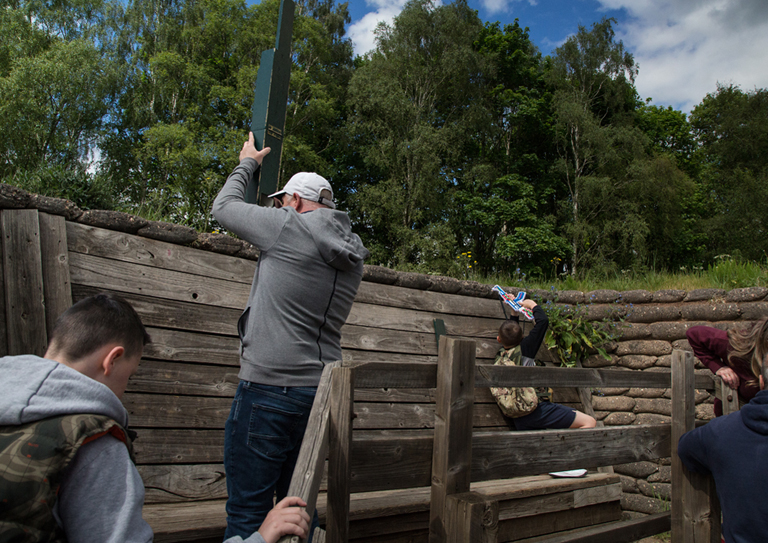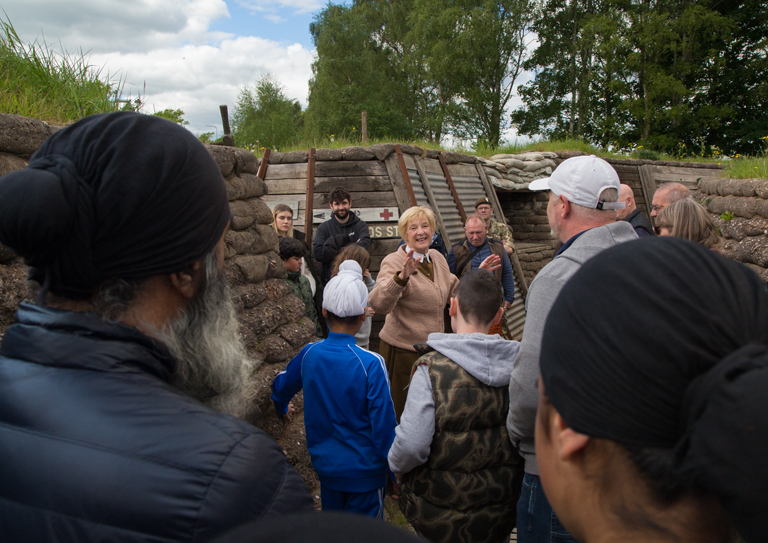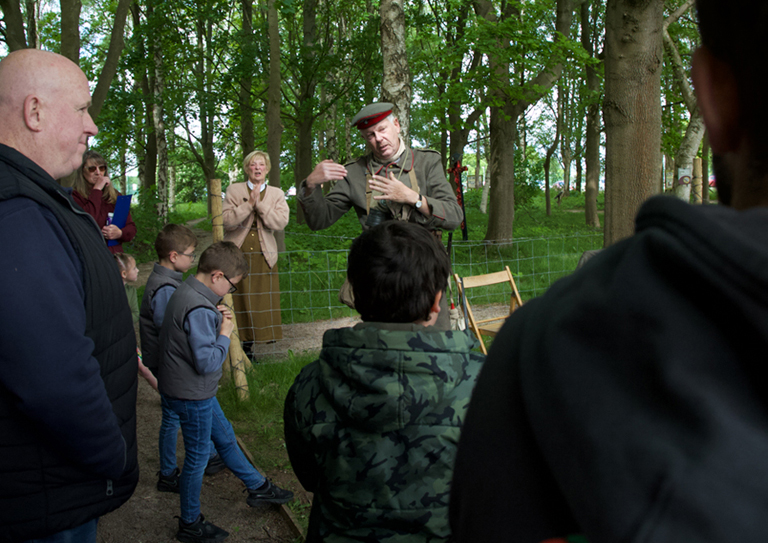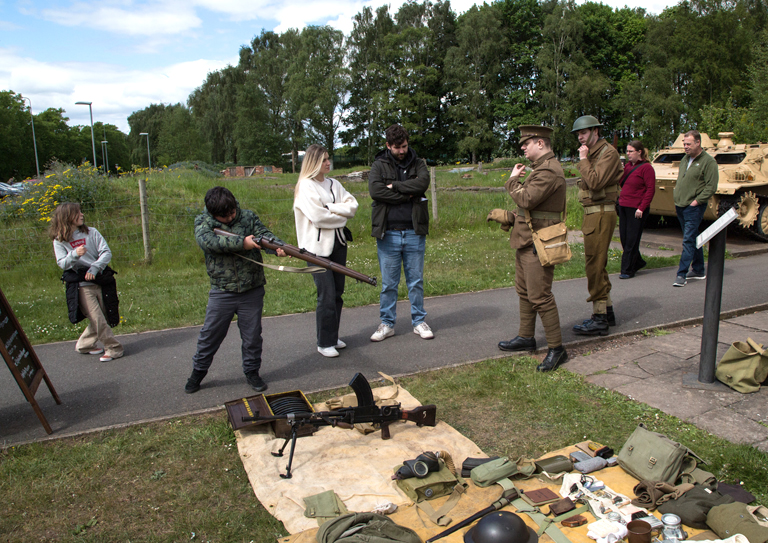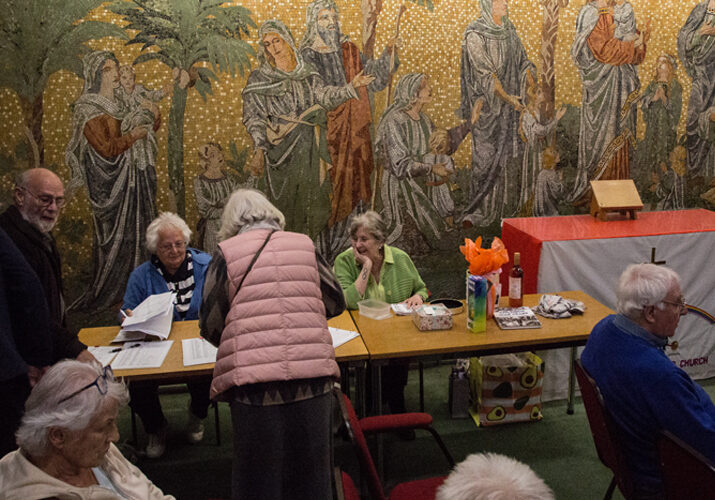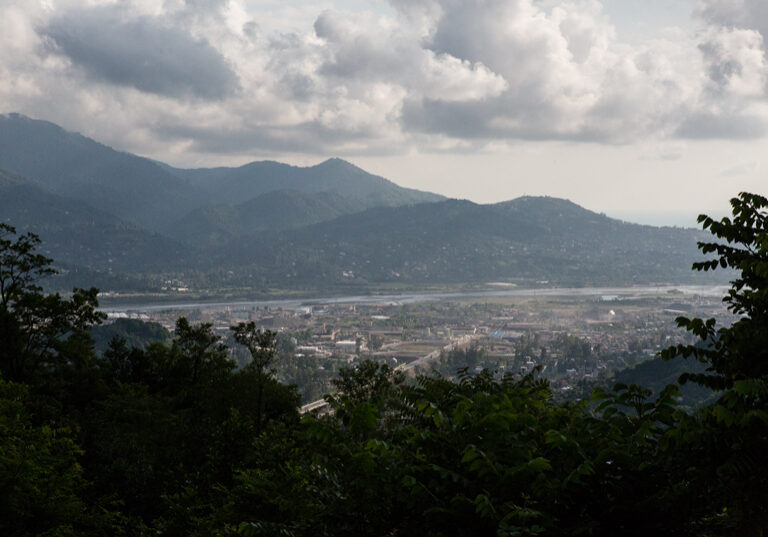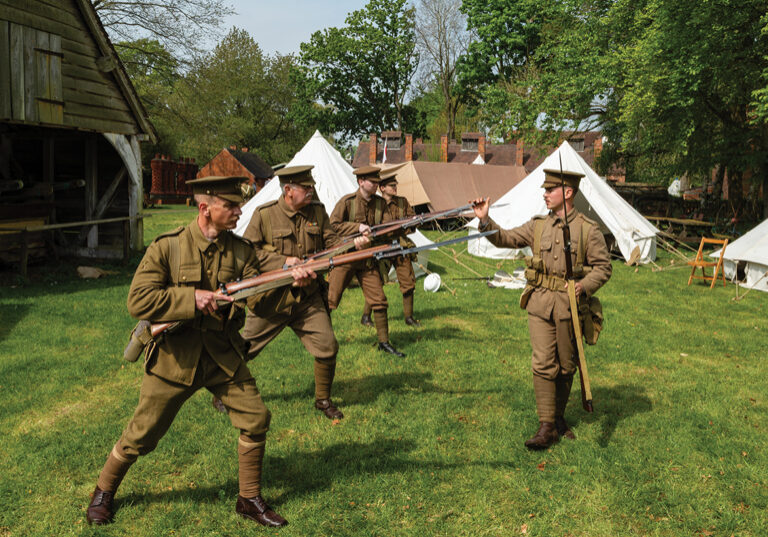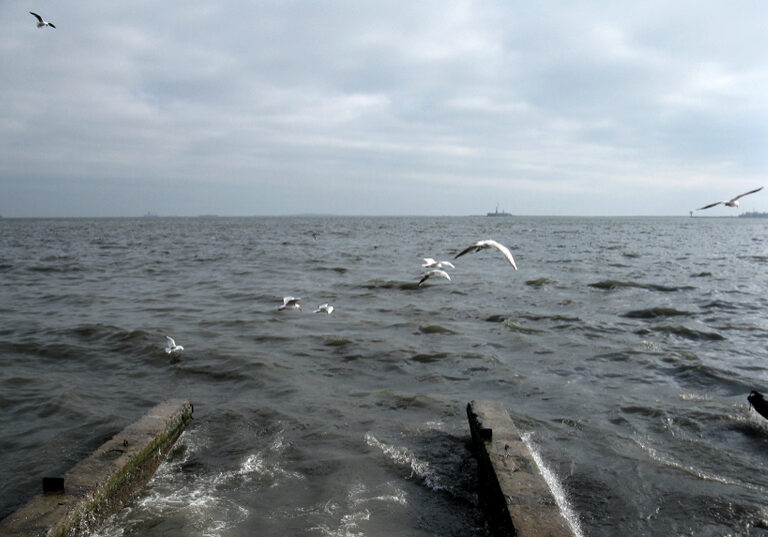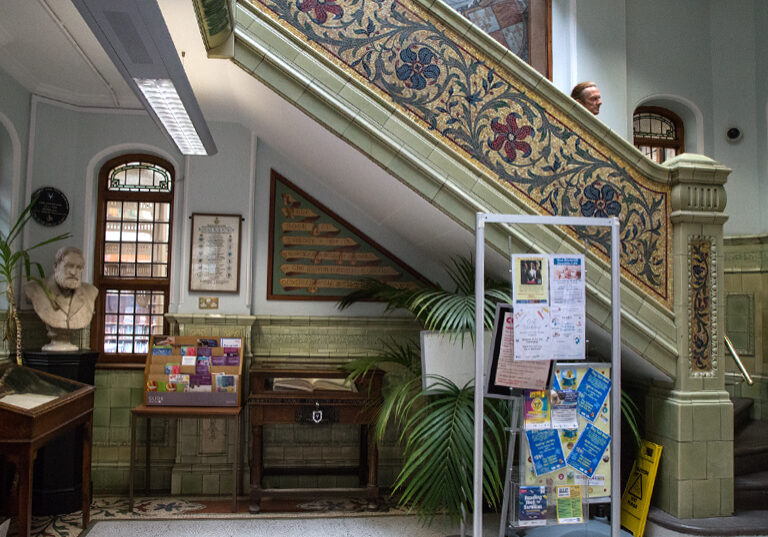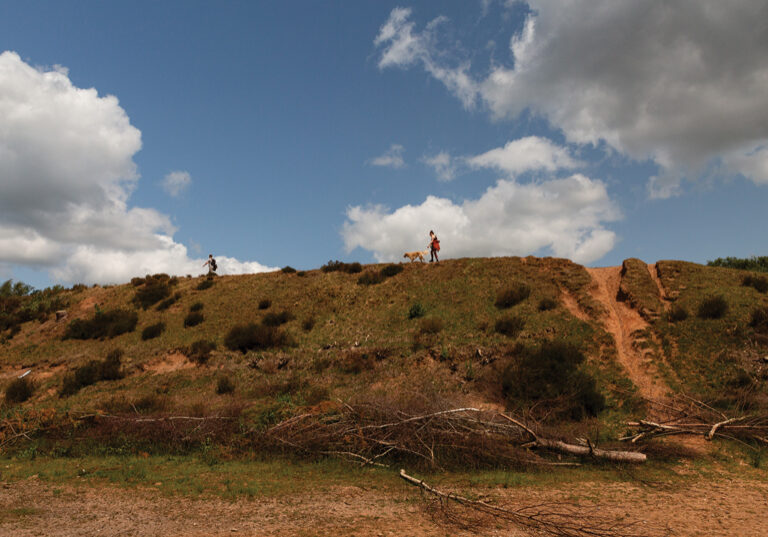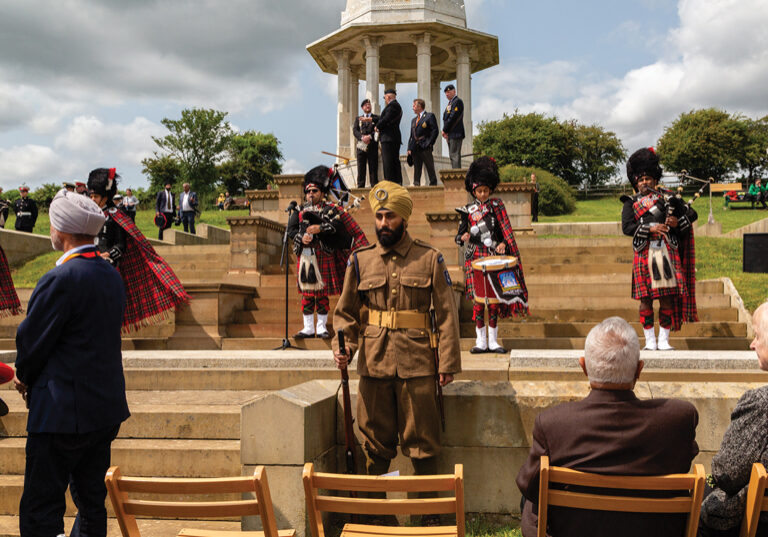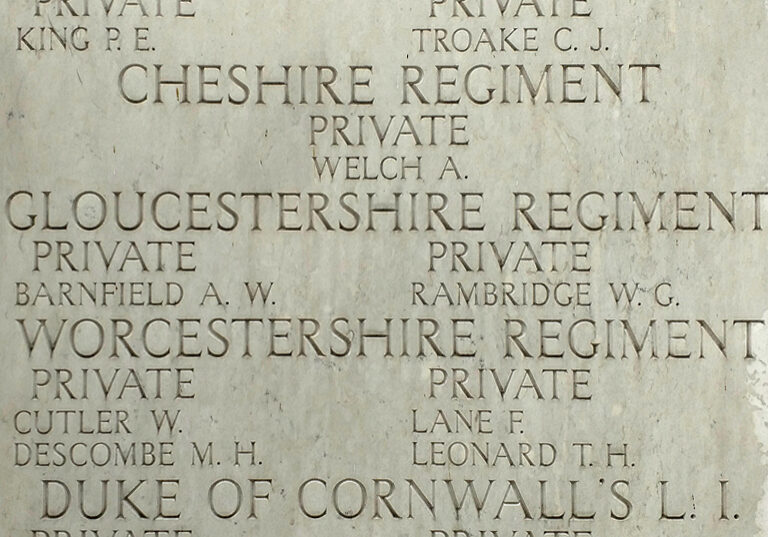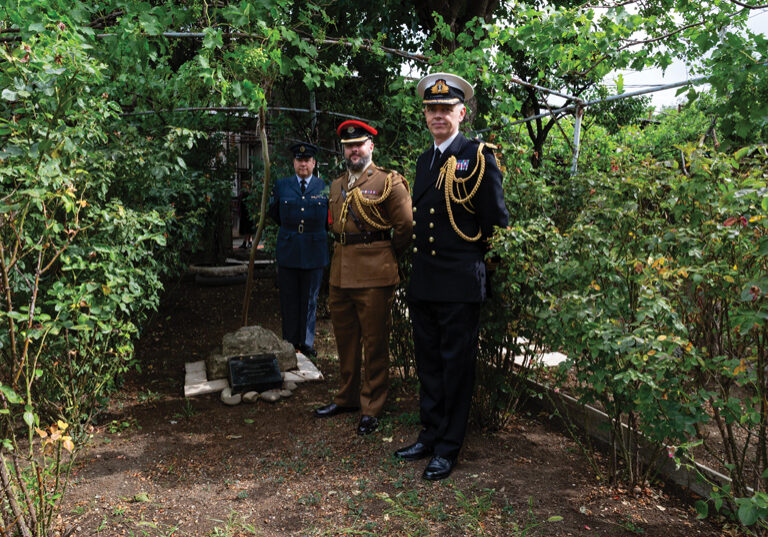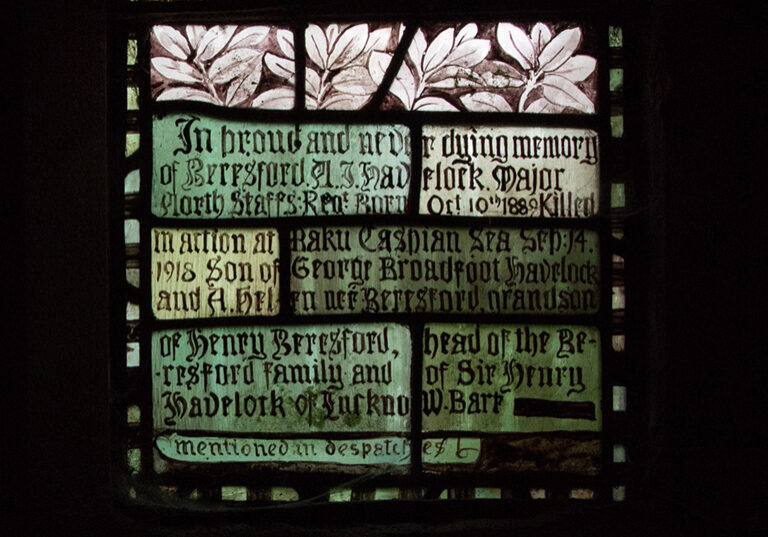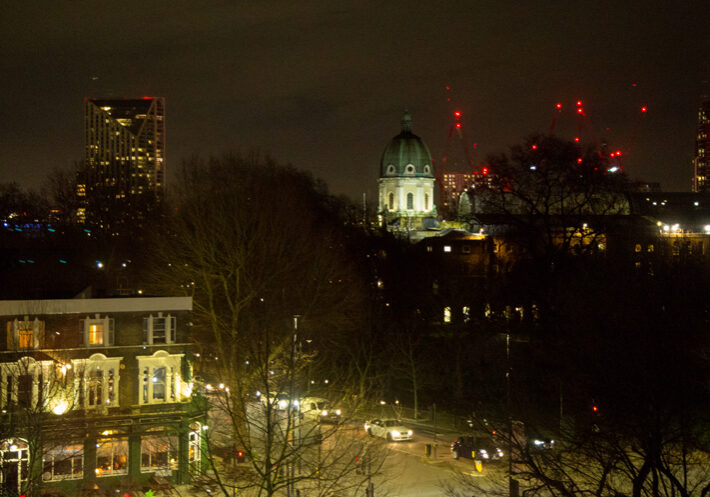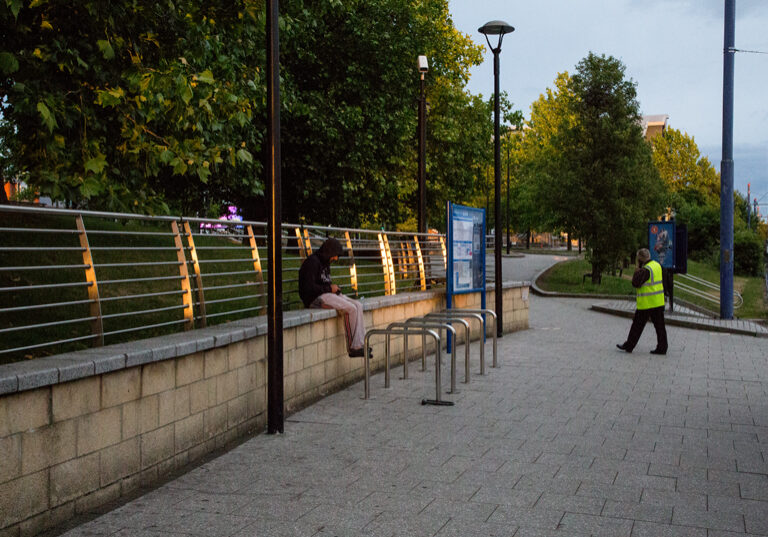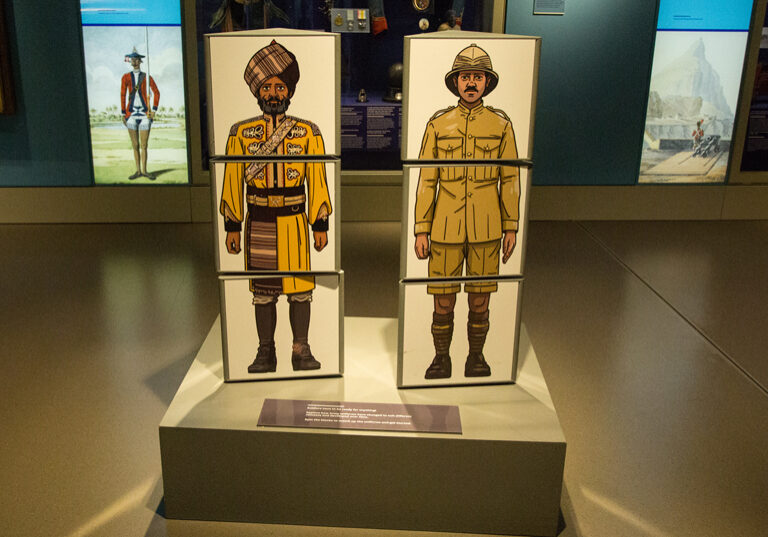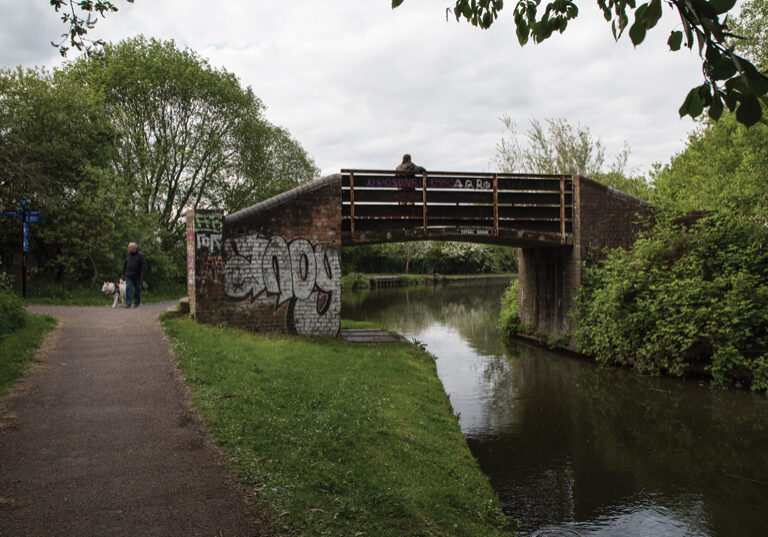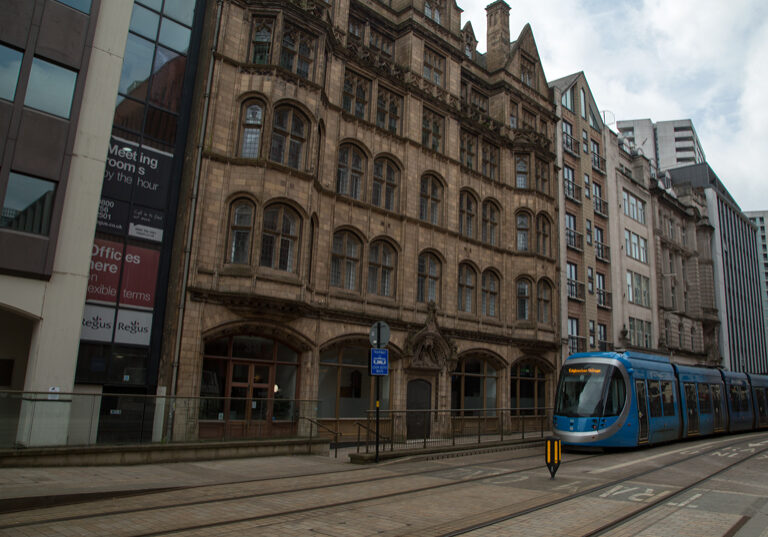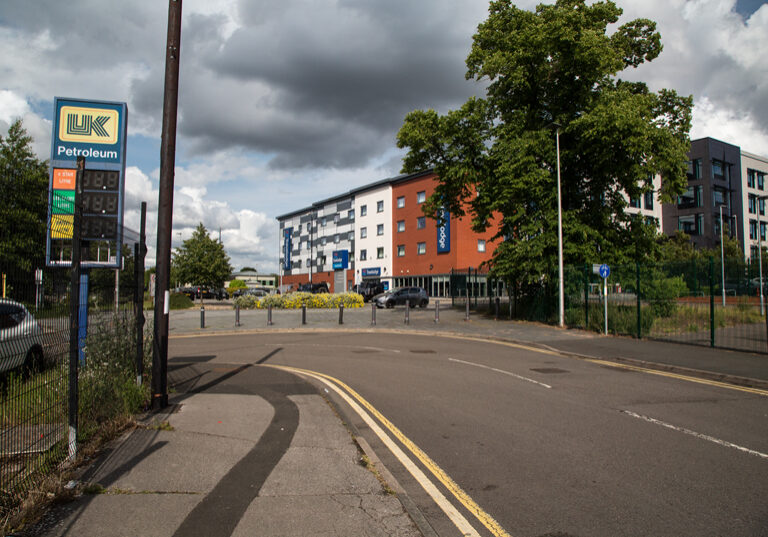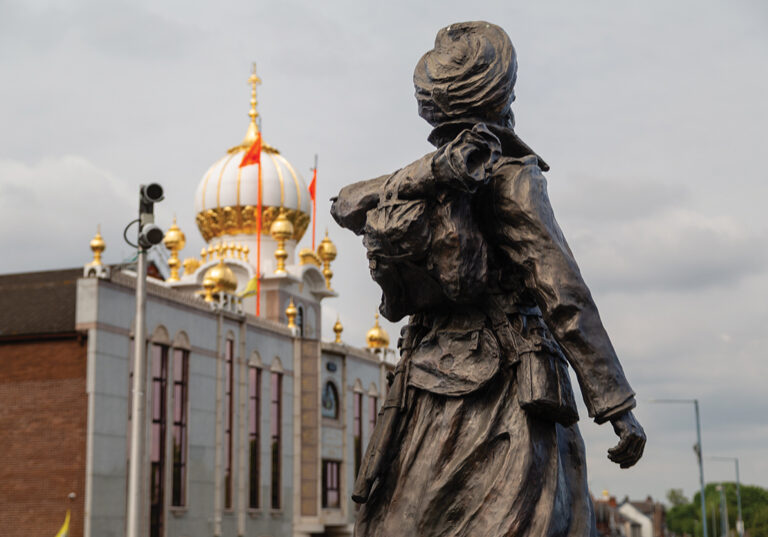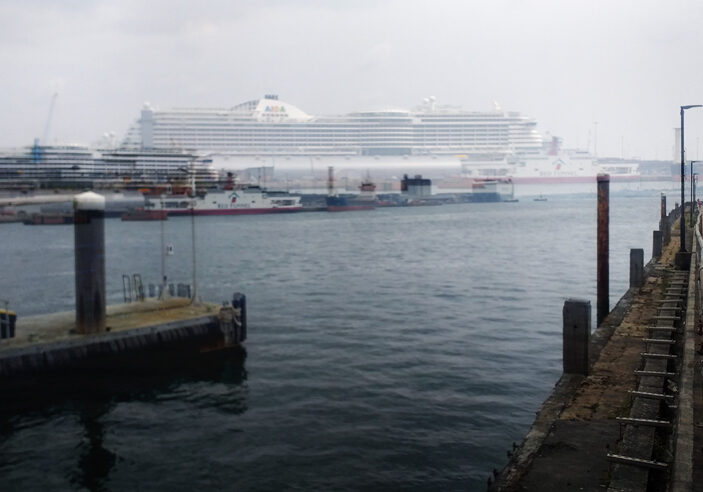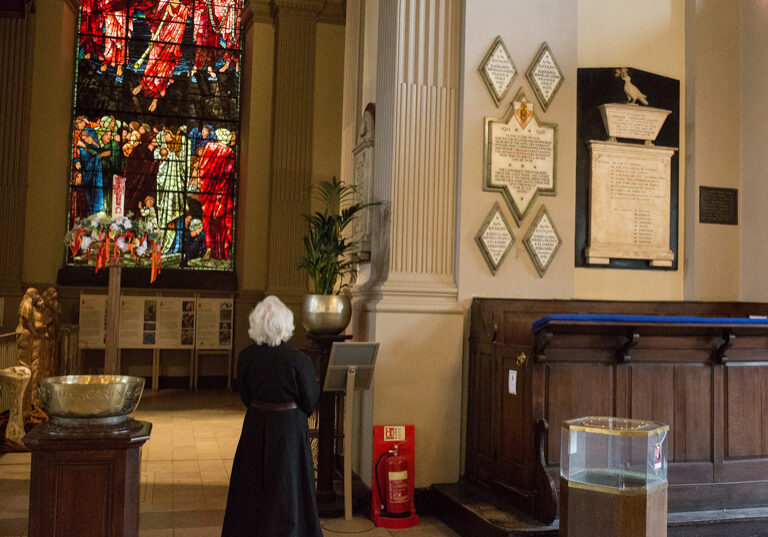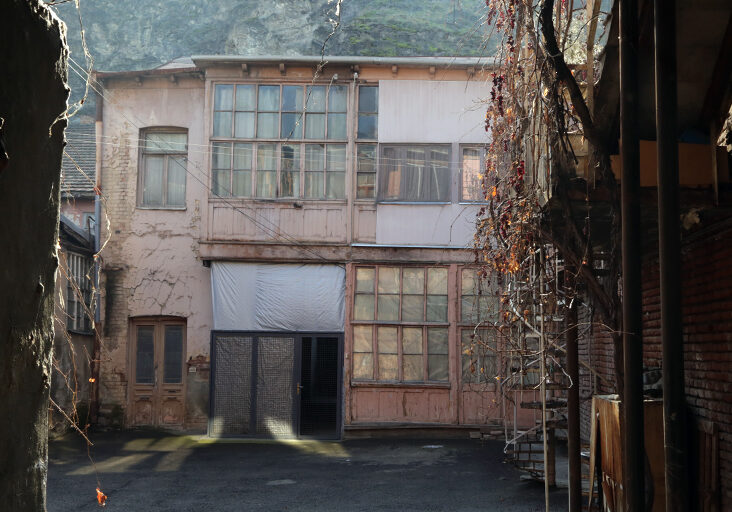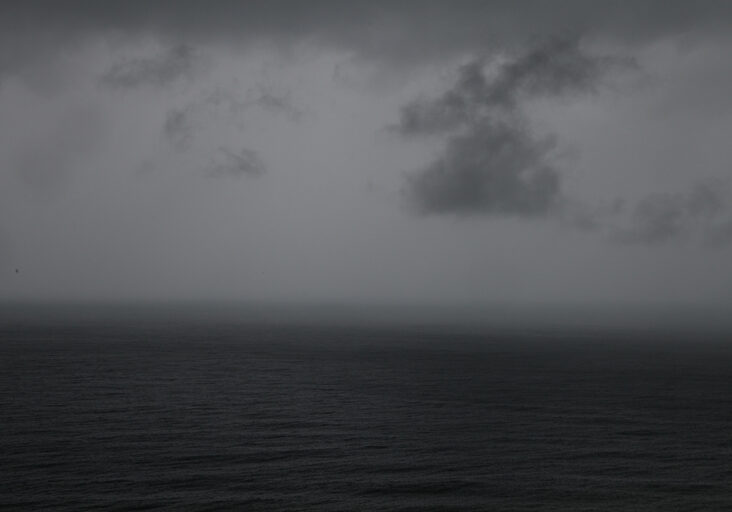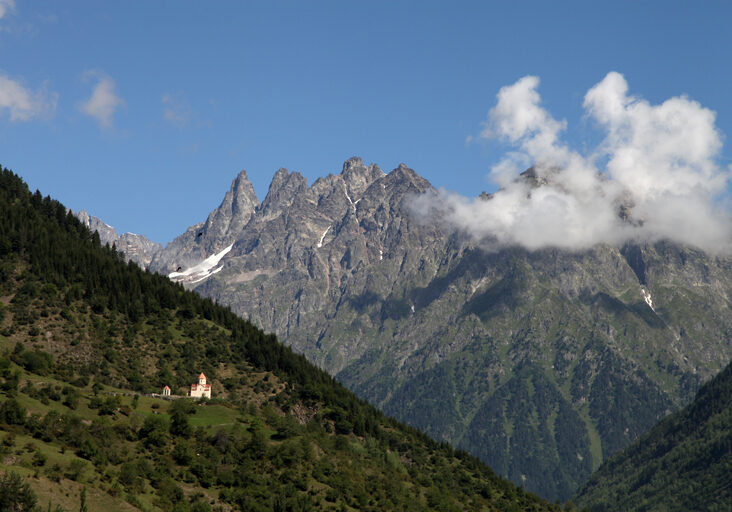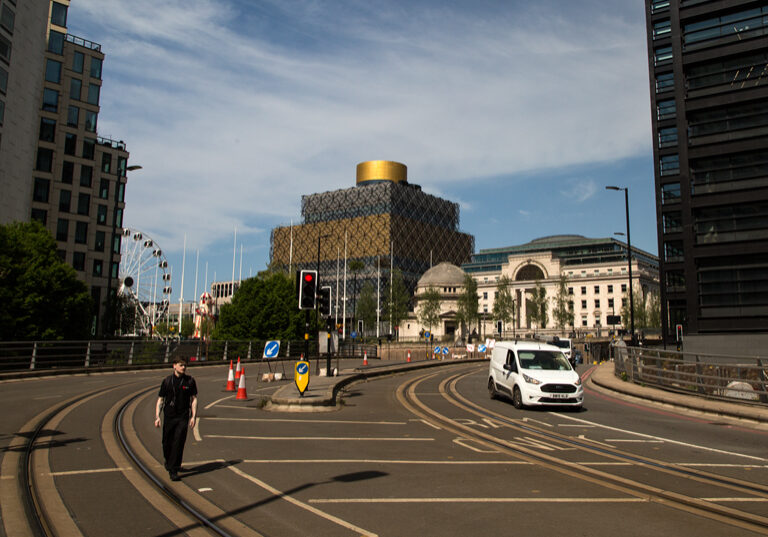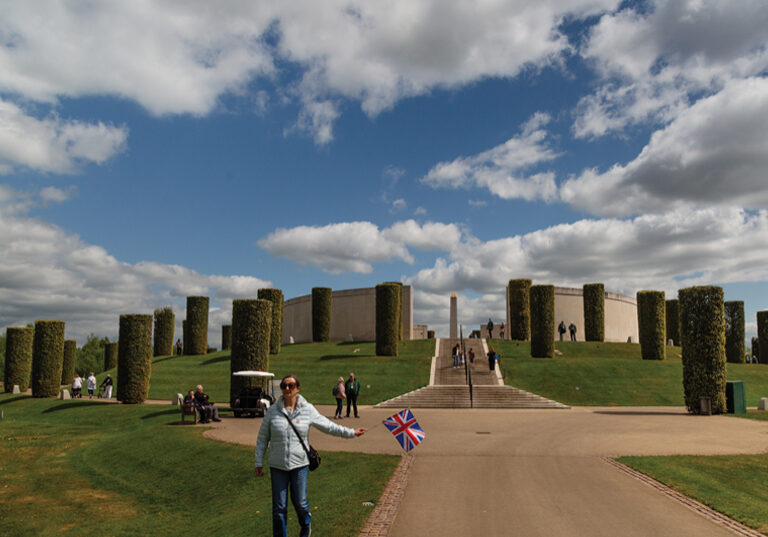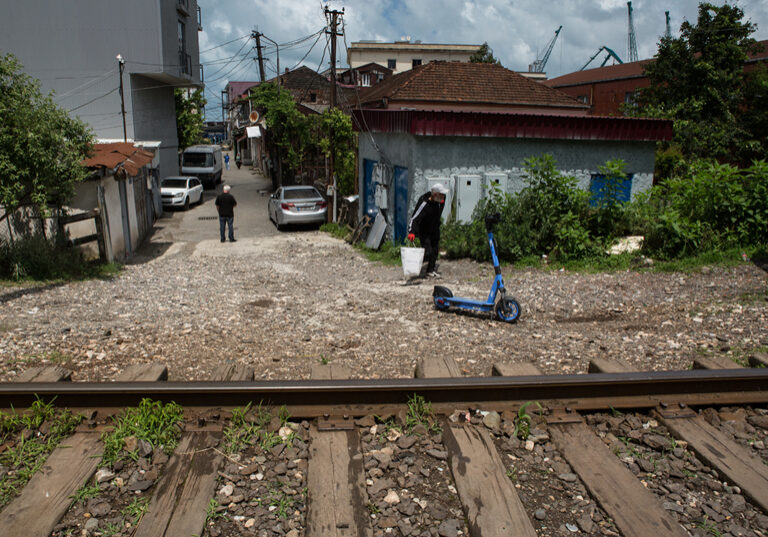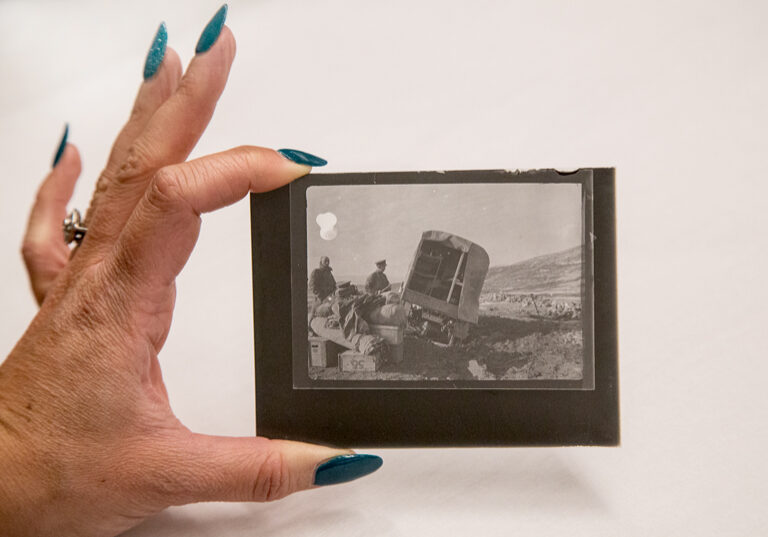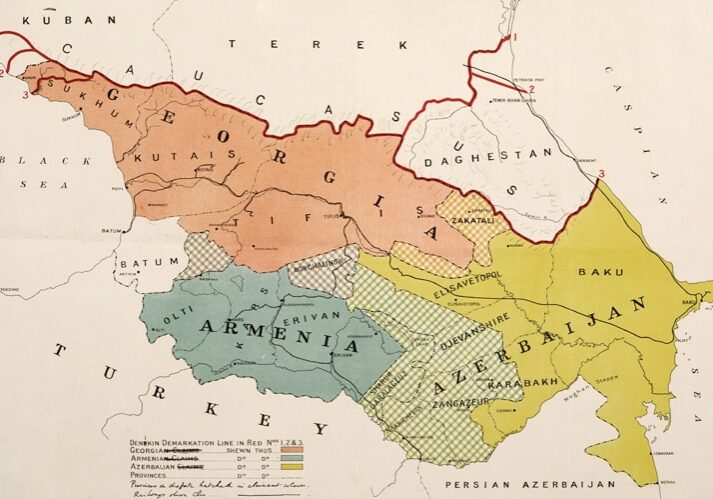Image: Replica trench at Staffordshire Regimental Museum.
The Museum can be found alongside Whittington Barracks, outside of Lichfield. It was formerly the base of the Staffordshire Regiments since 1881– and the current base for the Regimental Headquarters of The Mercian Regiment and Defence Medical Services.
The museum was established here in 1969, incorporating the existing collections of the North Staffs and South Staffs regiments. The museum is run by a group of enthusiasts and highly knowledgeable volunteers.
It tells the story of the Regiment from its raising in Lichfield in 1705, its early service in the Caribbean through every war and campaign fought by Britain up to the present day. In the grounds are a series of outdoor exhibits, including a World War Two air raid experience, various military vehicles, and an adventure playground for children. A major attraction is the Coltman trench, a reconstruction of a 100-metre section of British front-line trench from the First World War. It is named after Lance Corporal William Harold Colman, awarded a Victoria Cross in 1918 whilst serving with the North Staffordshire Regiment as a stretcher-bearer in France.
‘Museum Discovery Day’ was on a cold Bank Holiday Monday. My cousin, on a brief visit from his home in Majorca, begrudgingly came along. “I’m a pacifist,” he said. “I don’t like this glorification of war. I’ll probably stay in the car while you look round.” However, before long, he came in search of a warm cup of tea from the NAAFi canteen on site. I later found him deep in conversation with one of the Great War re-enactors, who had served in the army in Iraq. Though it was near closing time, the re-enactor took him off for a personal tour of the Coltman trench. I had already been round that with the timed tour, run by a marvelous volunteer called Hilary, whose great-grandfather had served in France in 1914-18 – researching her family history had led her to become involved here. I got myself a coffee and a hot dog, last customer of the day, and ended up waiting in the car for another hour for my cousin. “I really enjoyed that,” he said. His father had served with the Staffordshire regiment at the end of the Second World War, later posted to East Africa, though before that he acted as a guard for Rudolf Hess at a camp in Wales, before he was sent for trial in Nuremberg.

